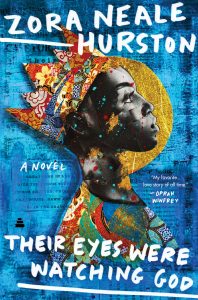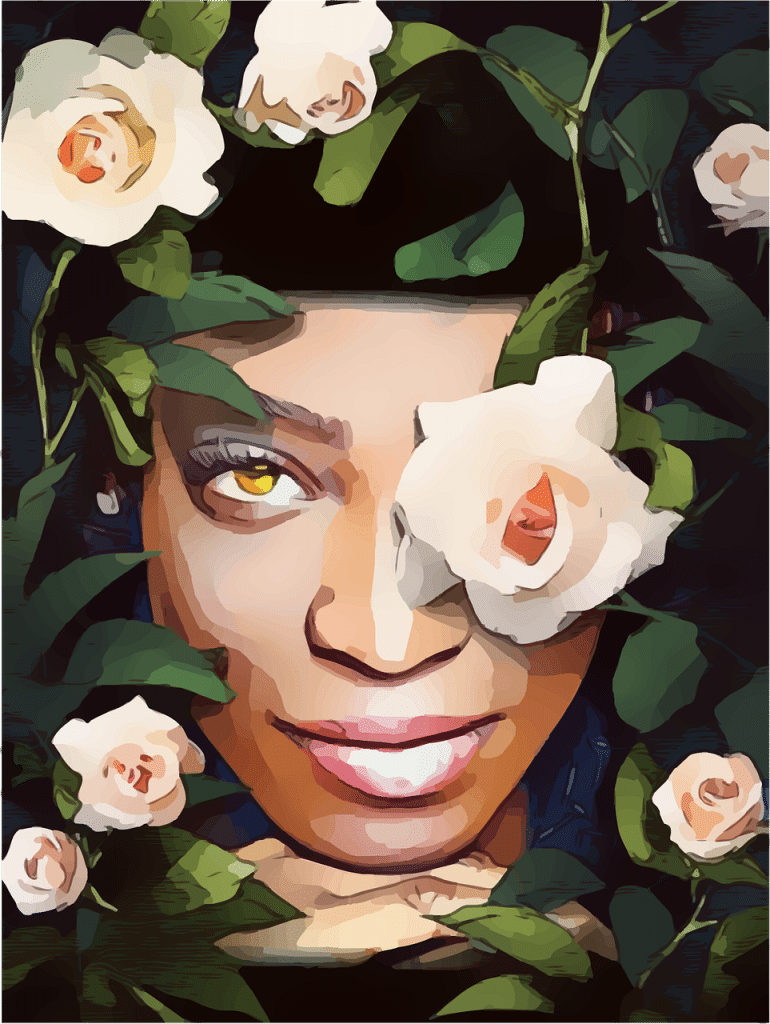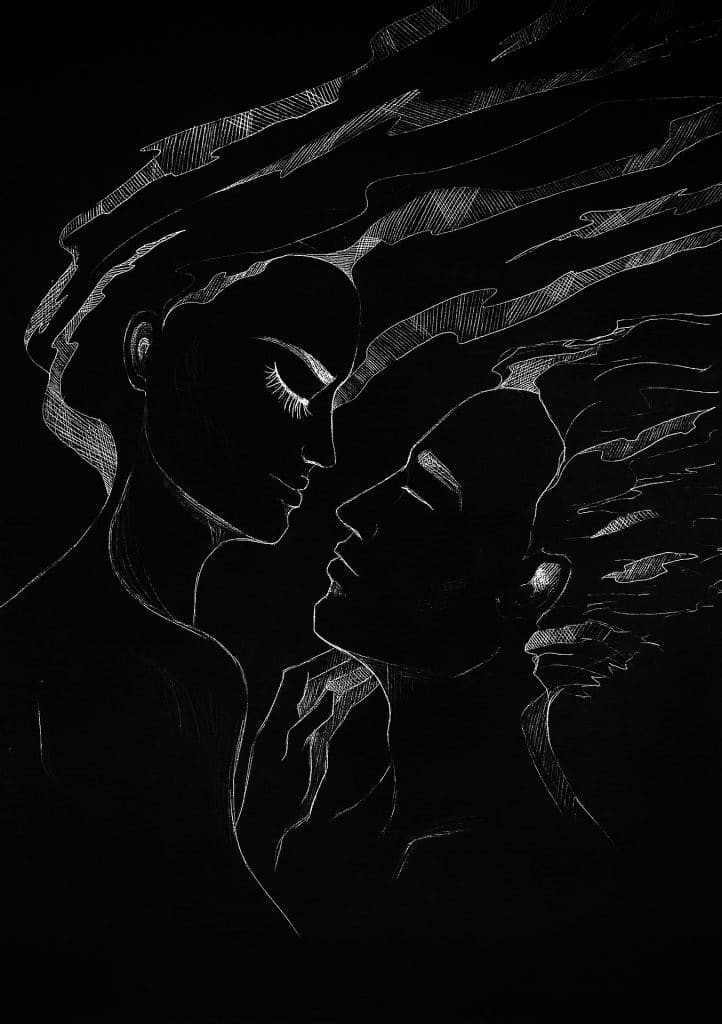 A Classic That Tries Too Hard
A Classic That Tries Too Hard
Author: Zora Neale Hurston
It’s 1930s in the Deep South and Janie Crawford, a young black woman, wants more than the status quo. As spring approaches and the promise in the tree buds spark Janie’s own internal growth and longing, her well meaning mother, a former slave, sets Janie down the path of marriage and a steady life. But Janie wants love. Wants choice. Wants more from life than her mother could have ever imagined and far more than the times allow. Through three marriages, Janie experiences the heartbreak of being a man’s object, until she finds her one love (and even that is not perfect). Then the tragedy of living, of choices, good and bad, strikes again.
I have long wanted to read this book, partly, I admit, for the lyrical beauty of its title. When I saw it on one of my GoodRead’s groups, I used that as an excuse to find out just what all the fuss was about. What I discovered was lower than my high expectations: a slow novel, one that dipped and diverged into conversations and asides, occasionally landing on sublime ideas and the hard concepts of life. Their Eyes Were Watching God was powerful in some places and lackluster in many others.
First, the writing. It’s an odd mix of extremely heady, almost lyrical prose, the kind of writing that is so deep it can be hard to really understand what is being said under all the imagery and prose, and overdone colloquialisms. For example, here is how the author describes Janie feeling young and yearning during a spring day:
She was stretched on her back beneath the pear tree soaking in the alto chant of the visiting bees, the gold of the sun and the panting breath of the breeze when the inaudible voice of it all came to her. She saw a dust-bearing bee sink into the sanctum of a bloom; the thousand sister-calyxes arch to meet the love embrace and the ecstatic shiver of the tree from root to tiniest branch creaming in every blossom and frothing with delight. So this was a marriage! She had been summoned to behold a revelation. Then Janie felt a pain remorseless sweet that left her limp and languid.
And here is how Janie talks and narrates:
But Ah ain’t goin’ outa here and Ah ain’t gointuh hush. Naw, you gointuh listen tuh me one time befo’ you die. Have yo’ way all yo’ life, trample and mash down and then die ruther than tuh let yo’self heah ‘bout it. Listen, Jody, you ain’t de Jody ah run off down de road wid. You’se whut’s left after he died. Ah run off tuh keep house wid you in uh wonderful way. But you wasn’t satisfied wid me de way Ah was. Naw! Mah own mind had tuh be squeezed and crowded out tuh make room for yours in me.
The two styles don’t mix well, and it gives the novel an off kilter feeling. We can’t get lost in the lyricism because the earthy language destroys the imagery and the transcendent universalism. Similarly, we can’t get lost in Janie’s narrative – which is admittedly difficult to read – because the authorial voice interrupts and takes us out of the moment. It’s just a story, the transitions in language seem to say, don’t get too involved.
Many of the reviews and publications I have read tote Janie as a strong feminist character, unafraid to seek her own path, the strictures of unjust society be damned, yet in the narrative, she comes off more passive. Janie does make a few big choices (leaving her first husband, for example, and the choice of her third husband, my personal favorite), yet many times she simply goes with the flow. The big choices fade back into the past, and Janie’s husbands become her masters. Each husband is known for expecting her to act a certain way, fulfill a certain wifely stereotype (down to her manner of dressing), and while Janie is aware of the trap she has been ensnared by, her own escape is, time and time again, caused by a man. Janie isn’t the free agent she is proclaimed, even though (for the times) she is sometimes willing to veer towards her own chosen path. But it’s not enough and, as I have said, it is mostly occasioned by the whims or desires of others (always a man). Only in the very end do we glimpse Janie alone, and we have to wonder how long this will last.
There are some exciting moments in the story, as well as some beautiful ones, but there is also a lot of dead space, especially in the middle. Many times Janie is a bystander, listening in on pointless conversations. In one particular episode, there are multiple chapters all dedicated to a side story about a stubborn mule, with much of the tale being told by the men who hang around on the outside porch of Janie’s second husband’s store. It was during this particular episode that I had to simply force myself to slog through the book.
Overall, Their Eyes Were Watching God has some interesting things to say – about race and marriage – but it doesn’t really go far enough. Janie, multifaceted as she is, remains mostly passive, and her fate is overwhelmed by pointless side stories. The writing distracts from the narrative, verging between being far too high-brow and simultaneously so colloquial as to be insulting to the very characters it portrays. Some of the story is interesting, but this book is mostly on the “ok” range. I don’t see “the fuss” per say.
– Frances Carden
Follow my reviews on Twitter at: https://twitter.com/xombie_mistress
Follow my reviews on Facebook at: https://www.facebook.com/FrancesReviews
[AMAZONPRODUCTS asin=”0061120065″]
- Book Vs Movie: The Shining - April 6, 2020
- Thankful For Great Cozy Mysteries - December 13, 2019
- Cozy Mysteries for a Perfect Fall - October 20, 2019




